
In honor of the late great Dave Brubeck, who was born a century ago on this day December 6, 1920, here’s “Take Five.” Although Brubeck didn’t compose it, he did enable and encourage its creation. And he recorded it with his quartet. It made him one of the first “pop stars of jazz,” as he was dubbed.
Videos by American Songwriter
He had a love of playing jazz in odd time signatures, such as 5/4 of 7/8. His drummer, Joe Morello had come up with a great drum groove in 5/4 which Brubeck liked.
Brubeck told me the story of “Take Five” back in 1995, sitting outside at a sunny Santa Monica hotel, munching on almonds.
“I told Paul to put a melody over Joe Morello’s beat,” Brubeck said. “So Paul put a couple melodies. But he didn’t have a tune. He just had two melodies. He said, ‘I can’t write a tune in 5/4,’ and he had given up. I said, ‘You’ve got two good melodies here, let’s work out a form.’ So I worked out an A-A-B-A form and Paul caught on immediately.”
Brubeck was in town to play that night at the Hollywood Bowl with his quintet.
“You can’t hear anything at the Bowl,” he said. “There’s too much distance between the performer and the audience.” It’s that distance that he’s been trying to overcome over the years, convinced that the public, much more than the honchos of the record companies who often call the shots, can appreciate all the complexity and richness his music can hold.
When he brought in his now-classic Time Out album, featuring “Take Five” and other pieces in odd time signatures, the record company told him it would never fly, since it’s impossible to dance to anything outside of a strict 4/4 meter. They wanted him to go home and write some dance tunes quickly. He refused. Reluctantly they released the record. It was a huge success — “Take Five” became the greatest selling jazz record of all time and the biggest success of Brubeck’s career. It affirmed his faith in his musical instincts and taught him the most important lesson of all: follow the music first wherever it leads. All else is secondary.
Brubeck died on December 5, 2012, in Norwalk, Connecticut, on the eve of his 91st birthday.

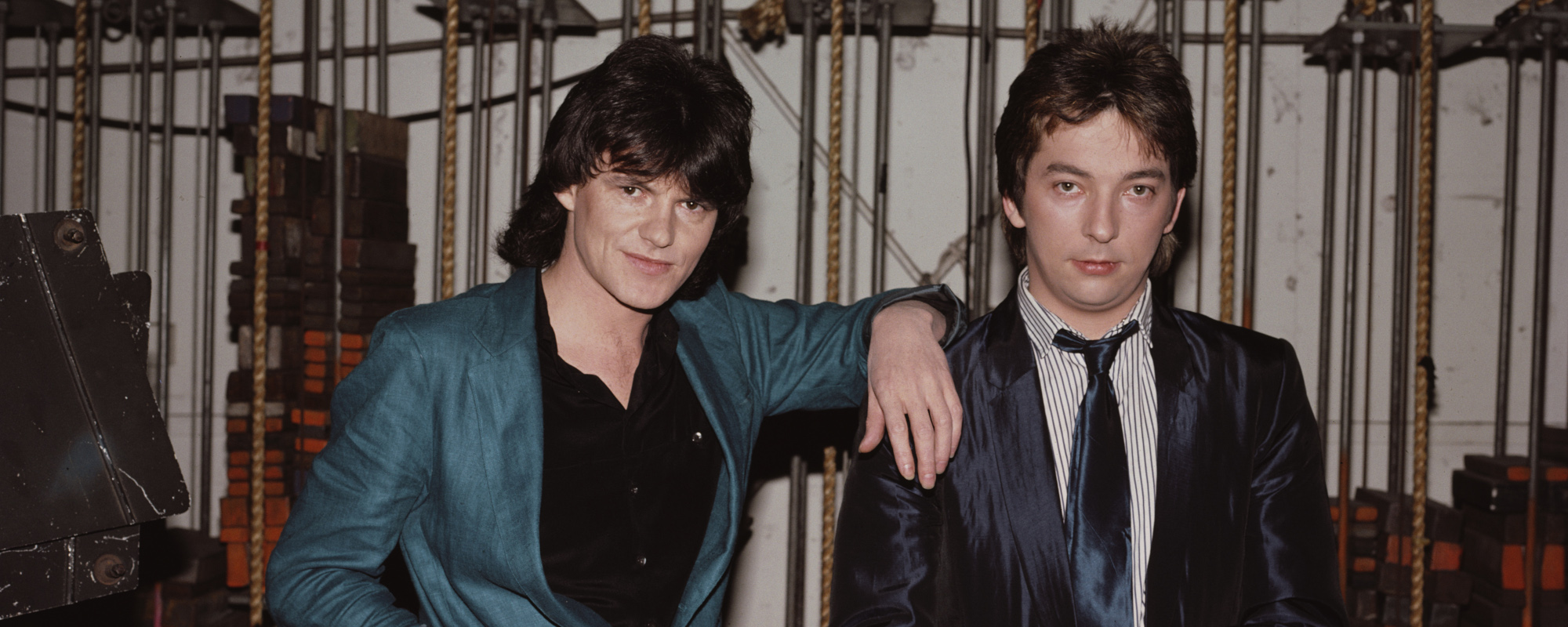
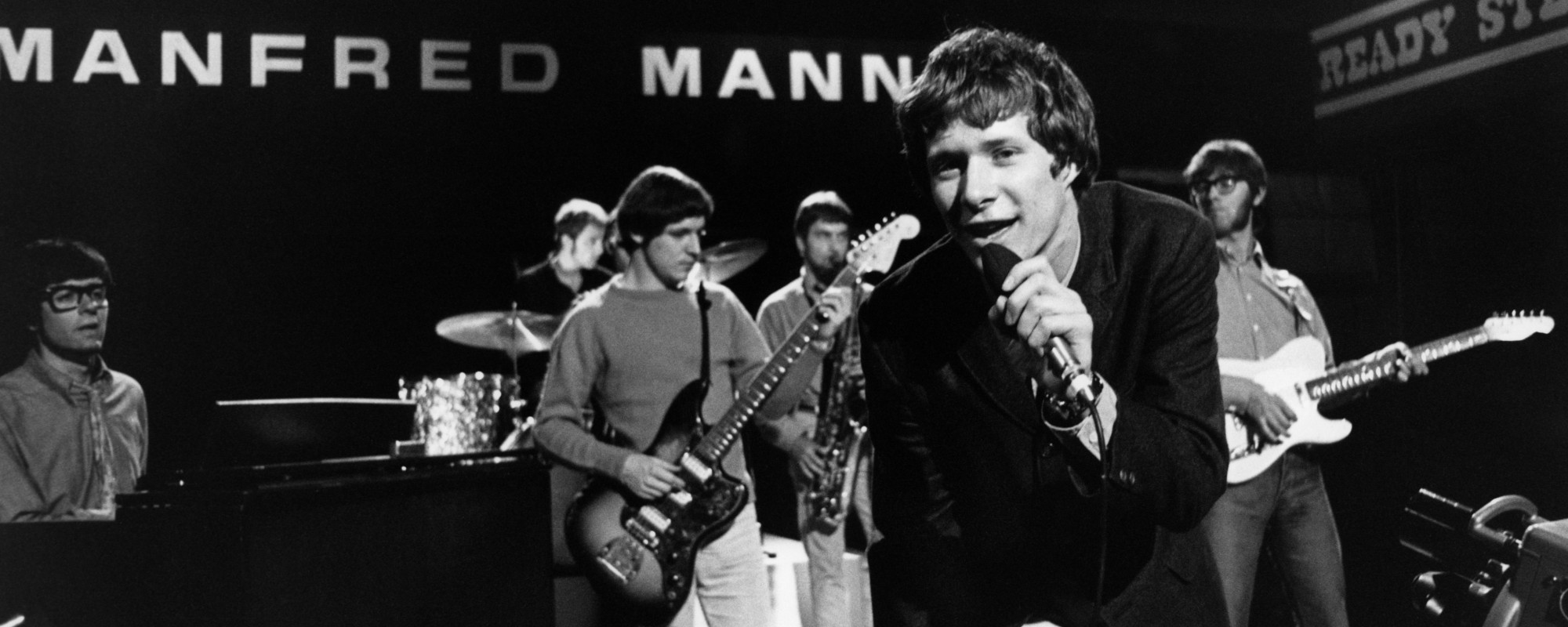
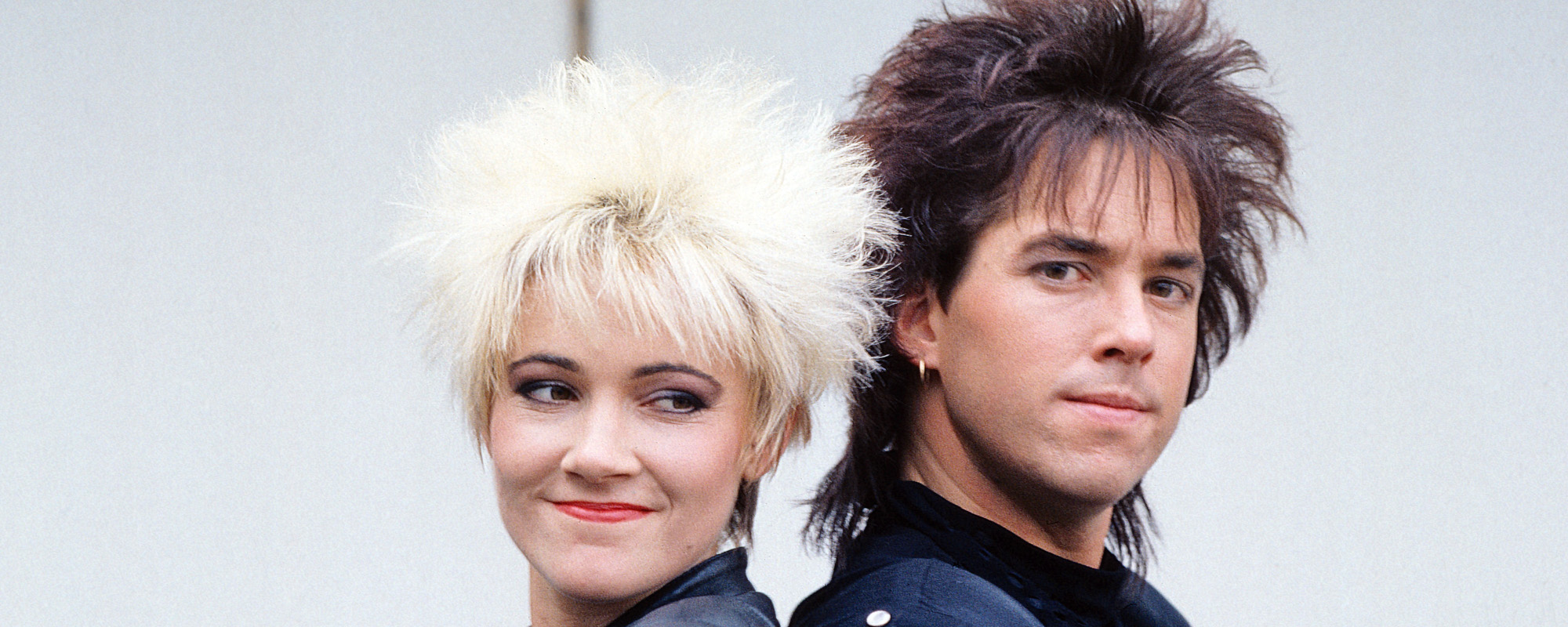
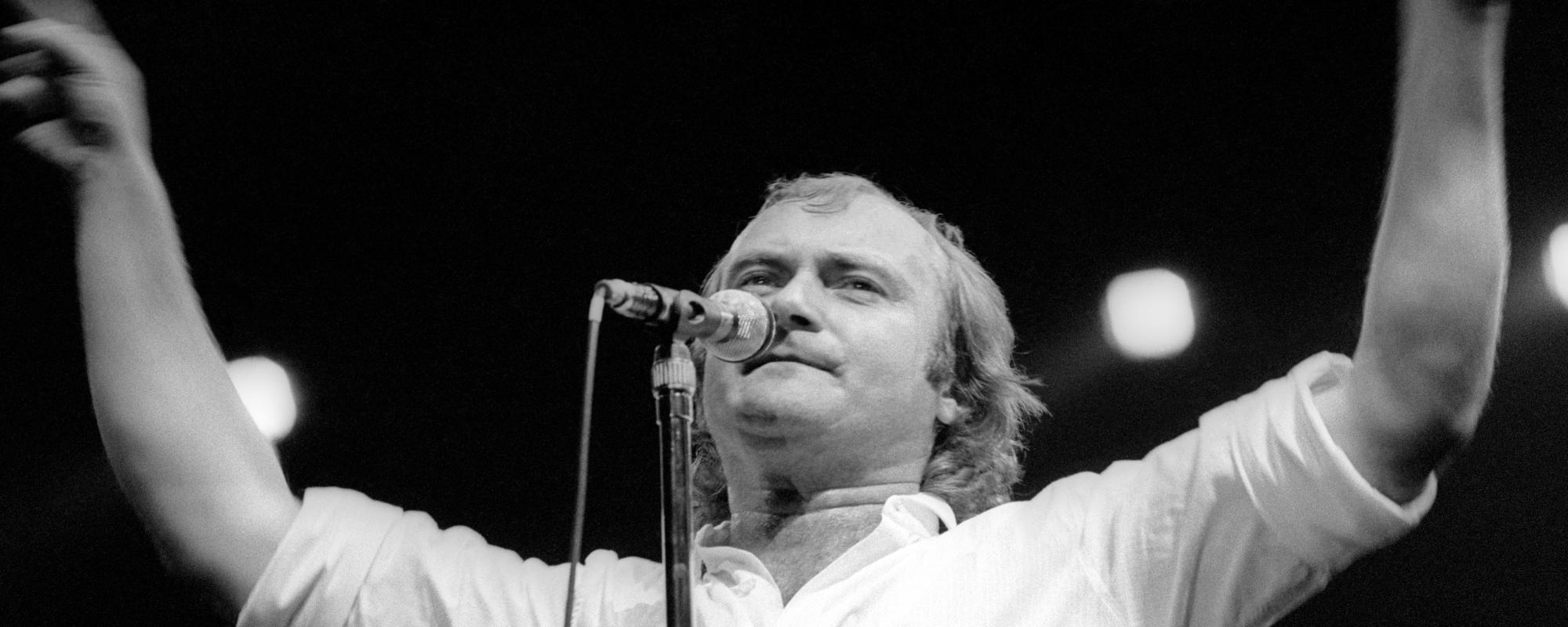
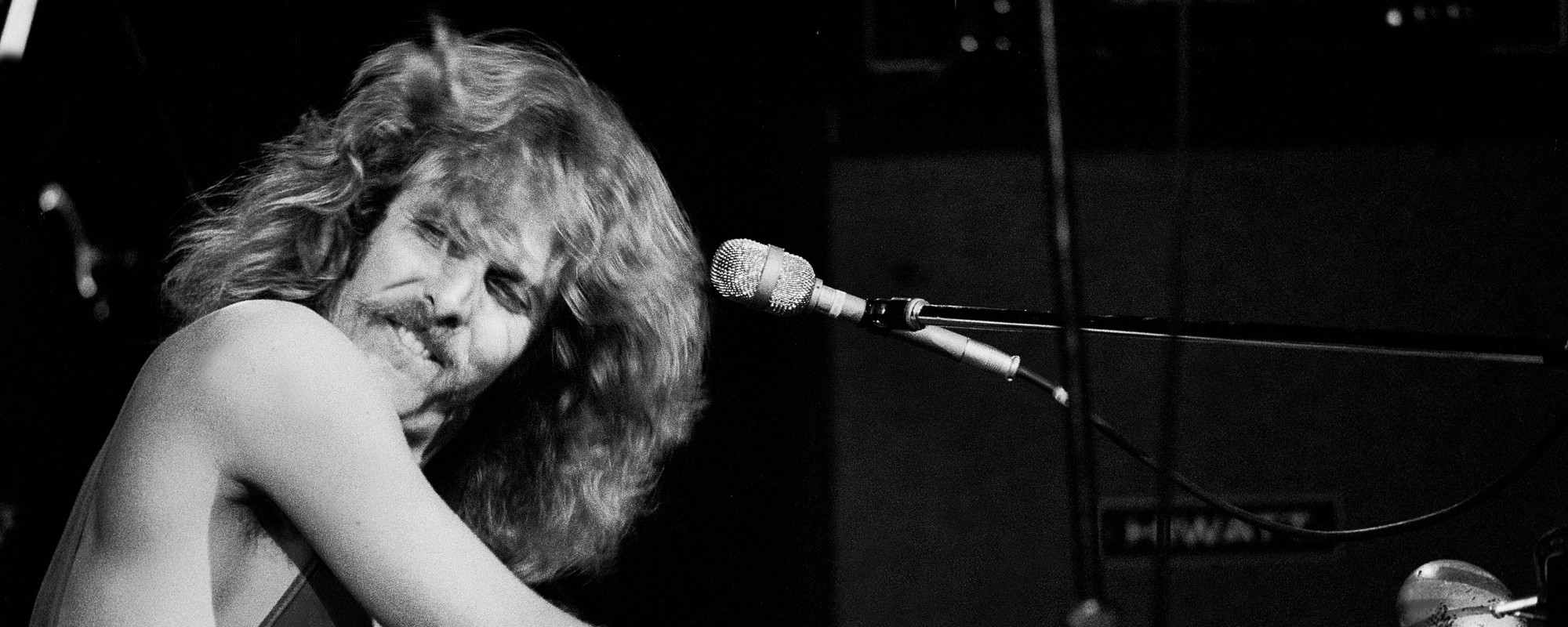

Leave a Reply
Only members can comment. Become a member. Already a member? Log in.